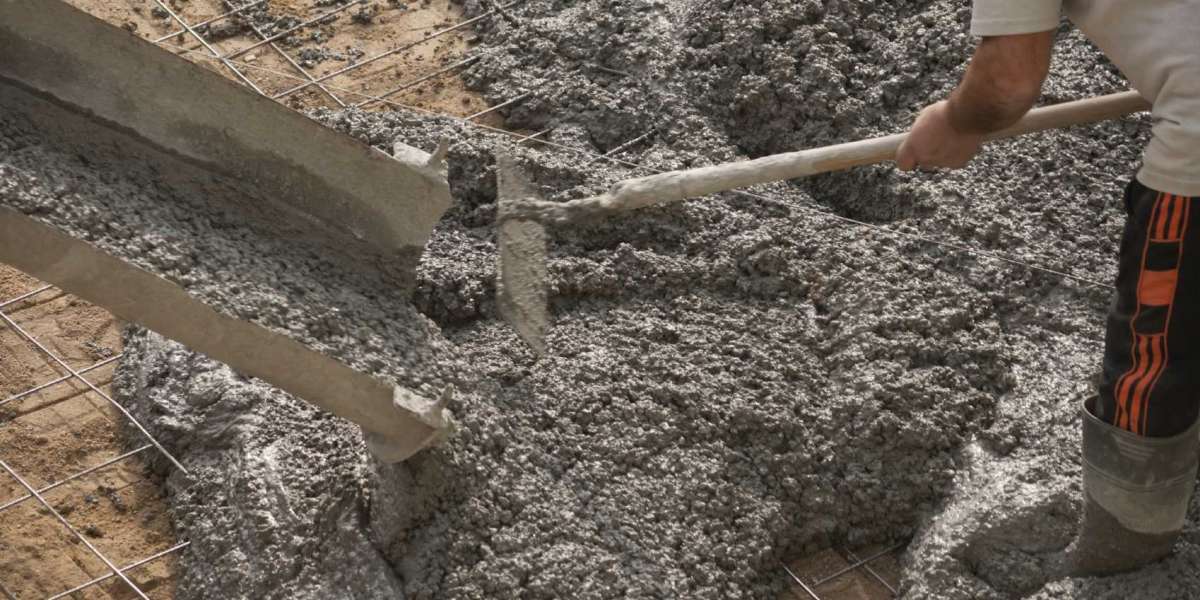Introduction:
Concrete, often associated with commercial and industrial construction, is increasingly becoming a popular choice for residential applications. From foundations and floors to driveways and outdoor spaces, the versatility and durability of concrete contribute to the long-lasting quality of homes. In this article, we delve into the myriad benefits of using residential concrete in residential construction and explore the various ways homeowners can incorporate this material to enhance their living spaces.
Solid Foundations: One of the primary uses of concrete in residential construction is for foundations. Concrete foundations provide stability and durability, ensuring the structural integrity of homes. Additionally, concrete's resistance to moisture makes it an ideal choice for preventing water damage in basements.
Durable Flooring Solutions: Concrete floors are gaining popularity in residential settings due to their durability and low maintenance. Polished or stained concrete floors offer a sleek and modern aesthetic, while also providing excellent resistance to wear and tear, making them an ideal choice for high-traffic areas.
Energy Efficiency with Concrete Walls: Insulated concrete forms (ICFs) are revolutionizing residential construction by combining the strength of concrete with built-in insulation. Homes built with ICFs boast enhanced energy efficiency, soundproofing, and resilience to extreme weather conditions.
Stylish Outdoor Spaces: Concrete extends beyond the confines of the home and into outdoor spaces. Patios, pathways, and pool decks crafted from decorative concrete provide a durable and visually appealing alternative to traditional outdoor materials. Stamped or stained concrete allows homeowners to customize these spaces to suit their design preferences.
Cost-Effective and Low Maintenance: Beyond its aesthetic appeal, concrete is a cost-effective choice for residential construction. Its long lifespan and minimal maintenance requirements make it a practical investment for homeowners looking for durable and low-maintenance solutions.
Customization and Design Flexibility: Concrete offers unparalleled design flexibility. Homeowners can choose from a variety of finishes, colors, and patterns to match their personal style. Decorative options like stamped concrete or exposed aggregate allow for creative expression in both indoor and outdoor spaces.
Resilience to Weather Conditions: Concrete's resilience makes it an excellent choice for areas with varying weather conditions. It withstands temperature fluctuations, moisture, and UV exposure, ensuring that residential structures remain sturdy and aesthetically pleasing over time.
Sustainable Construction Practices: Sustainable building practices are gaining importance in the residential sector. Concrete contributes to sustainability with its long lifespan, recyclability, and thermal mass properties that contribute to energy efficiency.
Low Environmental Impact: Concrete has a low environmental impact compared to some traditional building materials. Its durability and energy efficiency can contribute to reduced maintenance, repair, and replacement needs, ultimately lowering the overall environmental footprint of a home.
Conclusion:
Residential concrete applications are transforming the way homes are built and designed. From solid foundations to stylish interior floors and outdoor spaces, the benefits of concrete extend far beyond its utilitarian purposes. Homeowners are discovering that concrete not only enhances the structural integrity of their homes but also offers endless possibilities for creating beautiful, durable, and energy-efficient living spaces. As the trend toward sustainable and resilient homes continues, residential concrete remains a cornerstone of modern construction, promising enduring quality and aesthetic appeal for homeowners.








